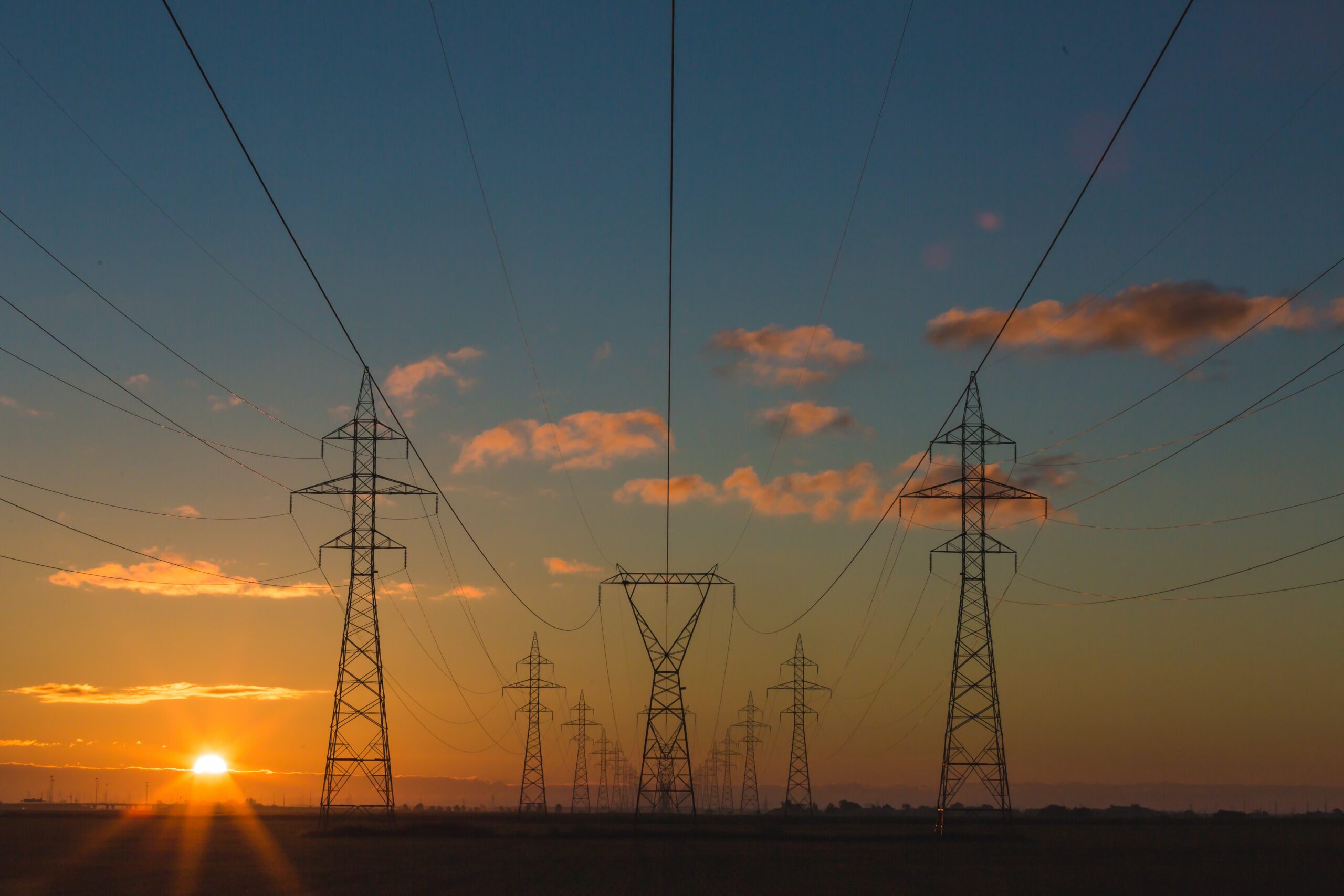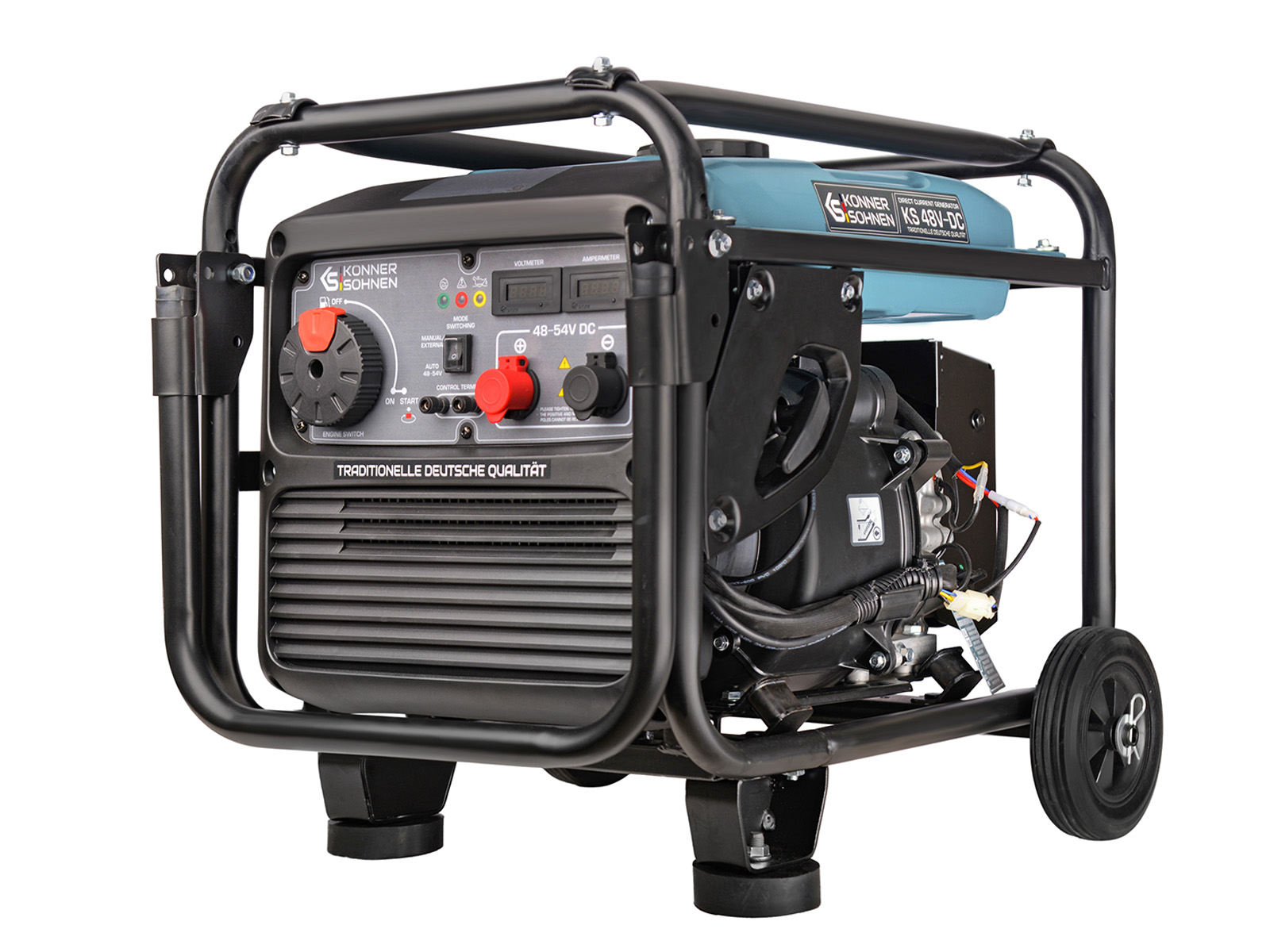Back Up Power
An important preparedness consideration is having sufficient power. There are three common backup power options: 1) dedicated generator, 2) portable generator, 3) battery backup system. A dedicated generator starts automatically and can provide long term power (days to weeks) to your home. Generators can be powered by diesel or propane and can be attached to a separate tank or your home’s propane lines. They can be noisy and power duration is limited by the available fuel. A portable generator is usually used to spot power appliances like a freezer or refrigerator (don’t forget extension cords!). They cannot be used to power air conditioners, furnaces, lights, etc.… unless a transfer switch has been installed on your home electrical system. They are the least expensive of the options, but do not provide immediate power, need fuel on hand and are noisy. A battery backup system can provide whole house power automatically, albeit only for a limited number of hours before a recharge is required. Since a separate power source is required to recharge the system, they are generally an add-on to a home with an existing solar system or require solar panels to be installed with the battery system. Systems with lithium-ion batteries may only operate over limited temperature ranges. While batteries are silent, they are the most expensive option, typically 2-3X the cost of a generator for similar capacity and runtime. Sizing of all three systems is critical. Sizing considerations include what needs power (everything or just “critical” items), how long power is needed, and system cost.


